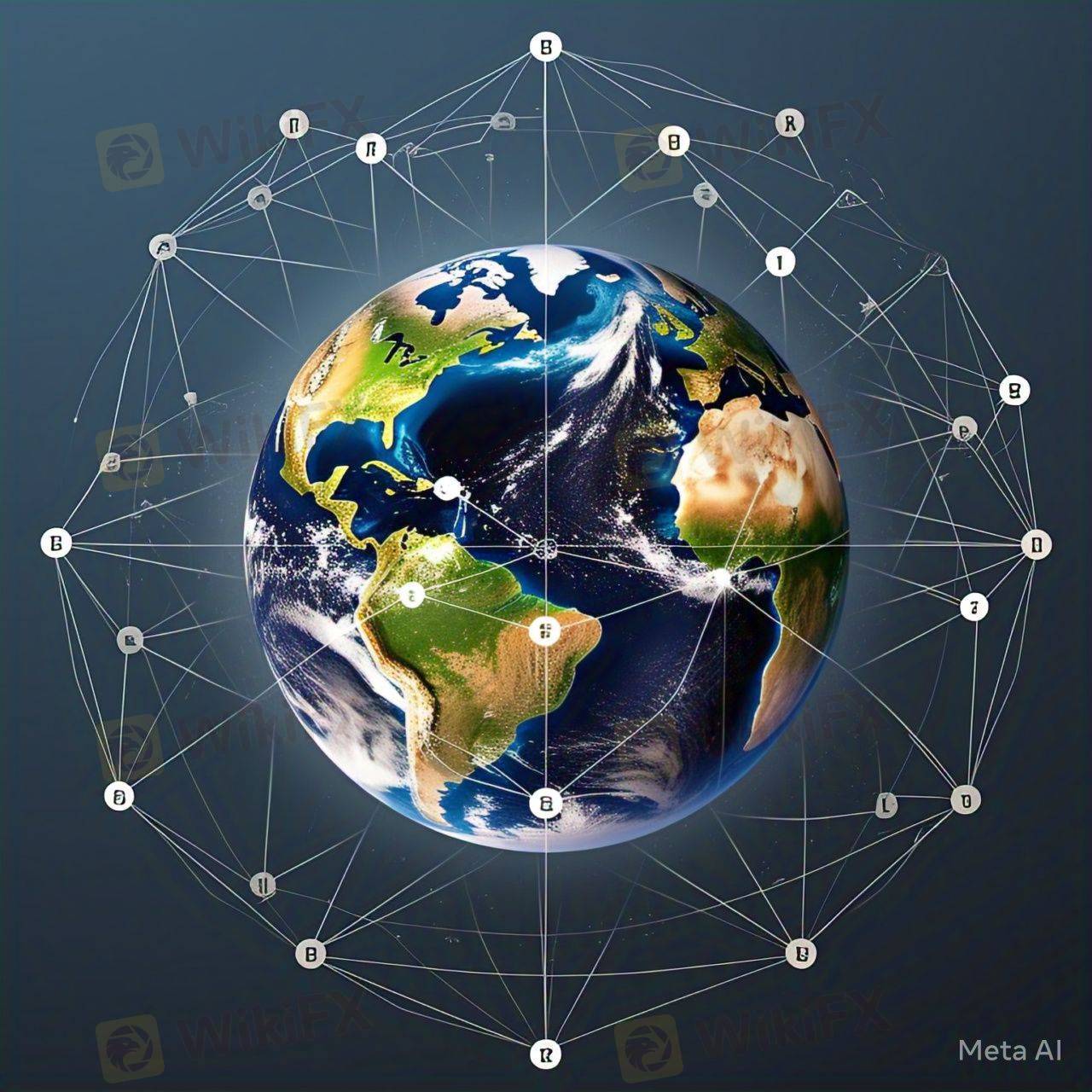
2025-02-14 16:21
IndustryGlobalization and deglobalization trends.
Globalization and deglobalization are two opposing trends that have shaped the world economy and societies in recent decades.
*Globalization:*
Globalization refers to the increasing interconnectedness of the world's economies, societies, and cultures. It is driven by advances in technology, trade, and investment. Globalization has led to:
1. Increased trade and economic integration
2. Growth of multinational corporations
3. Increased mobility of goods, services, and people
4. Cultural exchange and diversity
Benefits of globalization include:
1. Economic growth and job creation
2. Increased access to goods and services
3. Improved living standards
4. Global cooperation and diplomacy
However, globalization has also led to:
1. Income inequality and job displacement
2. Environmental degradation and climate change
3. Cultural homogenization and loss of local identity
4. Increased risk of global economic shocks
*Deglobalization:*
Deglobalization, on the other hand, refers to the trend of reducing or reversing the effects of globalization. It is driven by concerns about the negative consequences of globalization, such as income inequality, job displacement, and environmental degradation. Deglobalization has led to:
1. Increased protectionism and trade barriers
2. Rise of nationalist and populist movements
3. Decreased economic integration and cooperation
4. Growing concerns about global economic instability
Benefits of deglobalization include:
1. Protection of local industries and jobs
2. Reduced income inequality and increased economic security
3. Preservation of local cultures and identities
4. Improved environmental protection and regulation
However, deglobalization also has its drawbacks, including:
1. Reduced economic growth and job creation
2. Decreased access to goods and services
3. Increased risk of global economic instability and conflict
4. Reduced global cooperation and diplomacy
*Conclusion:*
In conclusion, globalization and deglobalization are two complex and multifaceted trends that have shaped the world economy and societies. While globalization has brought many benefits, including economic growth and cultural exchange, it has also led to negative consequences, such as income inequality and environmental degradation. Deglobalization, on the other hand, has been driven by concerns about the negative consequences of globalization, but it also has its drawbacks, including reduced economic growth and job creation. Ultimately, a balanced approach that takes into account the benefits and drawbacks of both globalization and deglobalization is needed to create a more equitable and sustainable world.
#firstdealofthenewyearastylz
Like 0

Prexxie
Broker
Hot content
Industry
Event-A comment a day,Keep rewards worthy up to$27
Industry
Nigeria Event Giveaway-Win₦5000 Mobilephone Credit
Industry
Nigeria Event Giveaway-Win ₦2500 MobilePhoneCredit
Industry
South Africa Event-Come&Win 240ZAR Phone Credit
Industry
Nigeria Event-Discuss Forex&Win2500NGN PhoneCredit
Industry
[Nigeria Event]Discuss&win 2500 Naira Phone Credit
Forum category

Platform

Exhibition

Agent

Recruitment

EA

Industry

Market

Index
Globalization and deglobalization trends.
 Hong Kong | 2025-02-14 16:21
Hong Kong | 2025-02-14 16:21Globalization and deglobalization are two opposing trends that have shaped the world economy and societies in recent decades.
*Globalization:*
Globalization refers to the increasing interconnectedness of the world's economies, societies, and cultures. It is driven by advances in technology, trade, and investment. Globalization has led to:
1. Increased trade and economic integration
2. Growth of multinational corporations
3. Increased mobility of goods, services, and people
4. Cultural exchange and diversity
Benefits of globalization include:
1. Economic growth and job creation
2. Increased access to goods and services
3. Improved living standards
4. Global cooperation and diplomacy
However, globalization has also led to:
1. Income inequality and job displacement
2. Environmental degradation and climate change
3. Cultural homogenization and loss of local identity
4. Increased risk of global economic shocks
*Deglobalization:*
Deglobalization, on the other hand, refers to the trend of reducing or reversing the effects of globalization. It is driven by concerns about the negative consequences of globalization, such as income inequality, job displacement, and environmental degradation. Deglobalization has led to:
1. Increased protectionism and trade barriers
2. Rise of nationalist and populist movements
3. Decreased economic integration and cooperation
4. Growing concerns about global economic instability
Benefits of deglobalization include:
1. Protection of local industries and jobs
2. Reduced income inequality and increased economic security
3. Preservation of local cultures and identities
4. Improved environmental protection and regulation
However, deglobalization also has its drawbacks, including:
1. Reduced economic growth and job creation
2. Decreased access to goods and services
3. Increased risk of global economic instability and conflict
4. Reduced global cooperation and diplomacy
*Conclusion:*
In conclusion, globalization and deglobalization are two complex and multifaceted trends that have shaped the world economy and societies. While globalization has brought many benefits, including economic growth and cultural exchange, it has also led to negative consequences, such as income inequality and environmental degradation. Deglobalization, on the other hand, has been driven by concerns about the negative consequences of globalization, but it also has its drawbacks, including reduced economic growth and job creation. Ultimately, a balanced approach that takes into account the benefits and drawbacks of both globalization and deglobalization is needed to create a more equitable and sustainable world.
#firstdealofthenewyearastylz
Like 0
I want to comment, too
Submit
0Comments

There is no comment yet. Make the first one.

Submit
There is no comment yet. Make the first one.